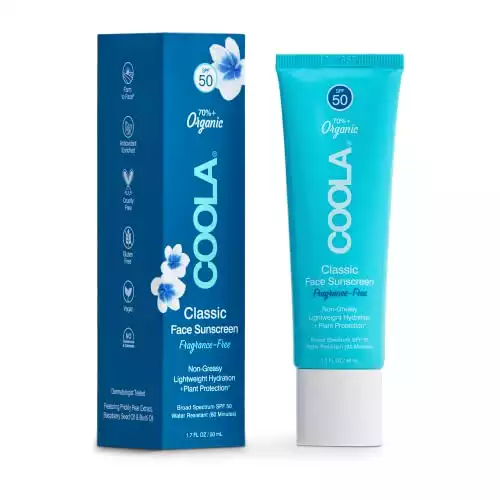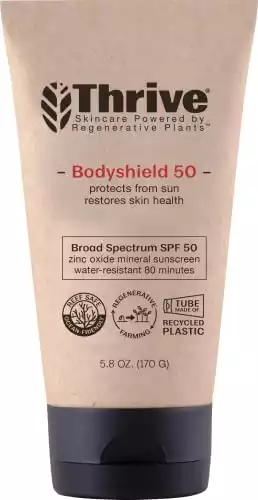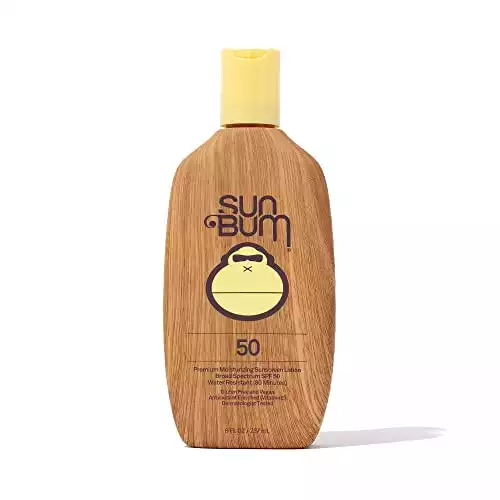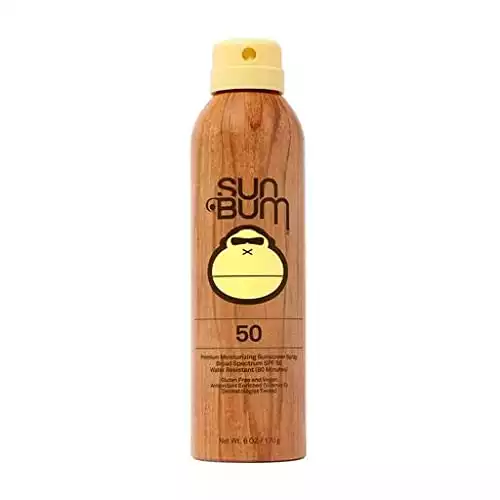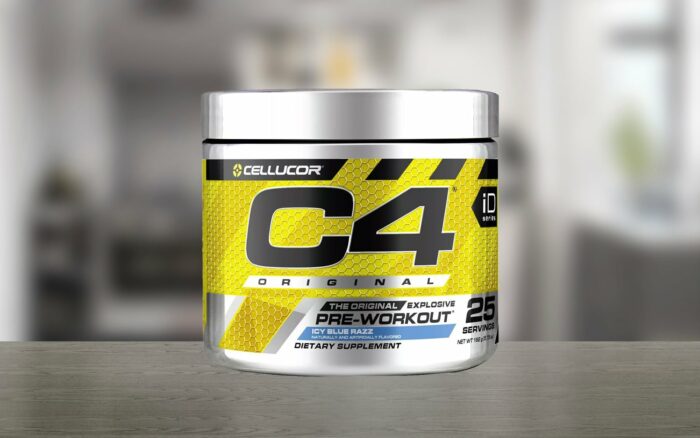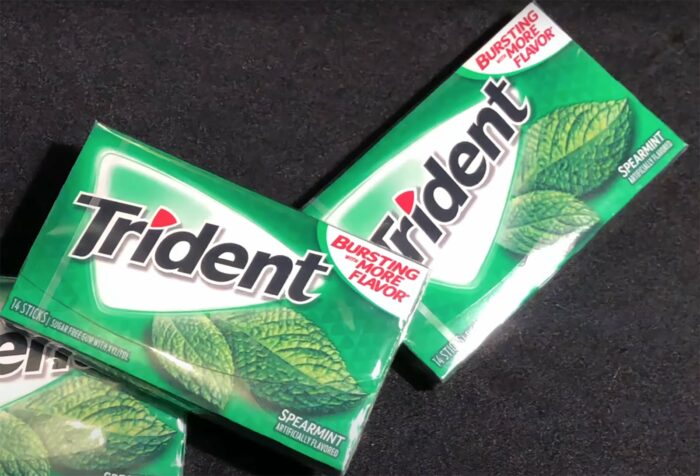Is Sunscreen Vegan?
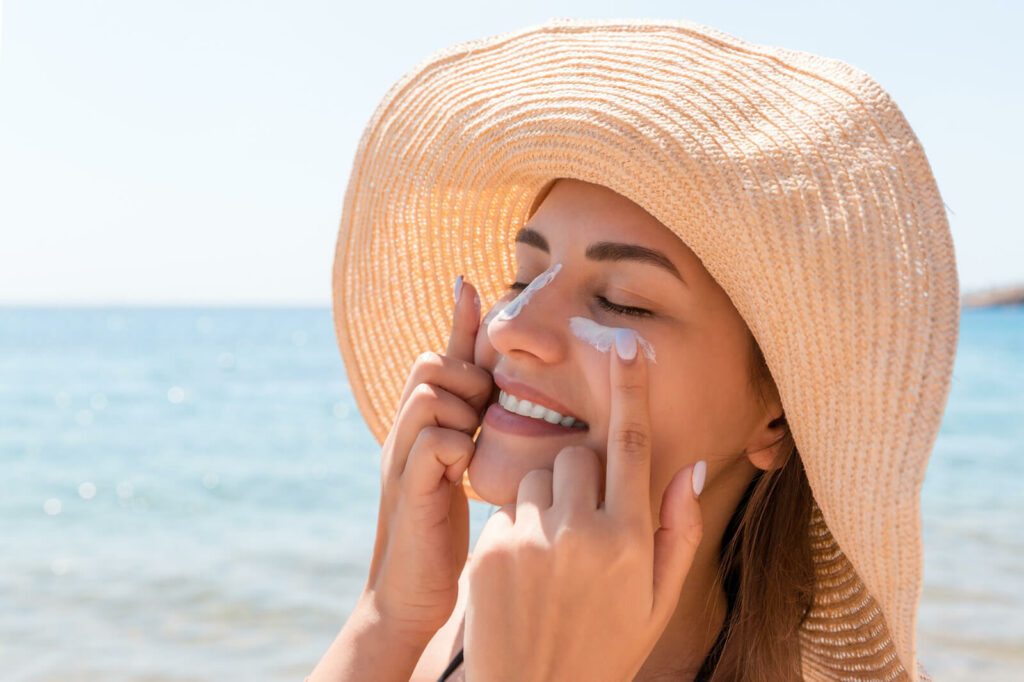
Are you a vegan who loves spending time in the sun? If so, you may be wondering, is sunscreen vegan? Many sunscreens contain ingredients derived from animals or tested on animals, which can make them non-vegan.
But don’t worry, there are plenty of vegan sunscreen options available. To determine if a sunscreen is vegan, you need to look at the ingredients list. Some common animal-derived ingredients found in sunscreen include beeswax, lanolin, and carmine.
Additionally, some companies test their products on animals before releasing them to market. As a vegan, you may want to avoid these types of products and opt for cruelty-free options instead. In this article, we’ll explore what makes a sunscreen vegan, provide some tips for choosing the best one for your needs, and show you the best sunscreen brands to buy that are actually vegan and cruelty-free.
What Makes a Sunscreen Vegan?
You might not know this, but there are certain ingredients commonly found in sunscreens that can make them non-vegan. Some sunscreens contain animal-derived ingredients such as beeswax and lanolin, which are used as emollients or skin softeners. Other non-vegan ingredients include carmine, a red pigment derived from crushed beetles, and collagen, a protein extracted from animal tissue.
To make a sunscreen vegan-friendly, manufacturers must use plant-based alternatives to these animal-derived ingredients. For example, instead of using beeswax or lanolin, they may use plant oils like coconut oil or shea butter to moisturize the skin. Instead of carmine for color, they may use natural pigments made from plants like hibiscus or turmeric.
It’s important to note that just because a sunscreen is vegan does not necessarily mean it’s cruelty-free or environmentally friendly. Some vegan sunscreens still contain synthetic chemicals and fragrances that can be harmful to marine life and coral reefs. Look for sunscreens labeled ‘reef-safe’ and choose ones with mineral-based UV filters like zinc oxide or titanium dioxide for maximum protection without harming the environment.

Ingredients to Look Out For
When it comes to protecting your skin, be sure to check the ingredient list for any animal-derived substances that may not align with your beliefs. Sunscreens can contain a variety of ingredients that are not vegan-friendly, such as beeswax, lanolin, and carmine. These ingredients come from animals and are often used in cosmetics due to their texture or coloring properties.
To ensure that your sunscreen is vegan, look for cruelty-free alternatives. Some common non-vegan ingredients found in sunscreens include collagen and elastin which come from animal connective tissues. Other harmful non-vegan ingredients include glycerin derived from animal fats or bones and allantoin extracted from cow urine. Instead of these ingredients, look for products made with plant-derived oils like coconut oil or shea butter.
Not only is choosing a vegan sunscreen better for animals, but it can also benefit your health and the environment. By avoiding harmful chemicals like oxybenzone and octinoxate (which have been shown to harm coral reefs), you can protect both yourself and the planet while still enjoying safe sun protection.
So, next time you’re shopping for sunscreen, take a closer look at the ingredient list to make sure you’re making an ethical choice that aligns with your values.
Vegan-Friendly Sunscreen Options
|
4.7
|
4.5
|
4.8
|
4.8
|
|
$32.00 ($18.82 / Fl Oz)
|
$29.95 ($5.16 / Ounce)
|
$18.49 ($2.31 / Fl Oz)
|
$14.74 ($2.46 / Ounce)
|
When it comes to choosing vegan-friendly sunscreen, there are three main options. Mineral-based sunscreens use natural ingredients like zinc oxide or titanium dioxide to physically block harmful UV rays. Chemical-based sunscreens contain synthetic compounds that absorb UV rays to prevent skin damage. If you’re looking for a different approach, there are also alternative ways to protect your skin from the sun’s harmful rays.
There are many different types of sunscreens to choose from, such as Banana Boat sunscreen. Remember to use sunscreen every day, even on cloudy days, and reapply frequently when spending time outdoors. It’s important to protect your skin from sun damage to prevent premature aging and reduce the risk of skin cancer.
Mineral-based Sunscreens
Looking for a more natural option to protect your skin? Mineral-based sunscreens might be just what you need. These sunscreens use minerals like zinc oxide and titanium dioxide to physically block the sun’s rays, rather than chemical ingredients that absorb them. This makes them a great choice for those with sensitive skin or who are looking for a more eco-friendly option.
Mineral-based sunscreens also have the added benefit of being easy to find in vegan-friendly options. Many brands offer mineral-based formulas that are free from animal-derived ingredients and not tested on animals. Plus, if you’re feeling adventurous, you can even make your own DIY sunscreen using natural ingredients like coconut oil and shea butter mixed with zinc oxide powder.
So, next time you’re shopping for sunscreen, consider giving mineral-based options a try!

Chemical-based Sunscreens
You might be interested in trying out chemical-based sunscreens if you’re looking for a sunscreen that absorbs easily into your skin without leaving a white cast behind. These sunscreens contain active ingredients such as oxybenzone, avobenzone, and octinoxate that work by absorbing UV rays before they can penetrate your skin.
While they are effective in protecting against both UVA and UVB rays, there are some potential risks associated with the use of chemical-based sunscreens. One of the main concerns is the potential for these chemicals to disrupt hormones in the body. Oxybenzone has been shown to mimic estrogen in laboratory studies and may contribute to developmental issues in children.
Additionally, some studies have linked these chemicals with coral reef damage when washed off into bodies of water. It’s important to weigh the effectiveness of chemical-based sunscreens against these potential risks and make an informed decision on what type of sunscreen is best for you and the environment.
Sunscreen Alternatives
There are numerous alternatives available for those seeking a more natural approach to sun protection. Mineral-based sunscreens, for example, contain active ingredients like titanium dioxide or zinc oxide that sit on top of the skin and reflect UV rays. These types of sunscreens are often less irritating to sensitive skin and don’t contain potentially harmful chemicals found in traditional options. One popular sunscreen that comes to mind is Banana Boat sunscreen.
In addition to mineral-based options, physical barriers like hats and clothing can provide excellent protection from the sun’s harmful rays. Wearing a wide-brimmed hat can protect your face and neck, while loose-fitting clothing with tightly woven fabric can offer coverage for your arms and legs.
For those who prefer DIY options, there are plenty of natural ingredients that can be used as sunscreen including coconut oil, shea butter, and raspberry seed oil. Regardless of which option you choose, it’s important to remember that protecting your skin from the sun is essential for both short-term comfort and long-term health.
Tips for Choosing Vegan Sunscreen
If you’re on the hunt for cruelty-free options, check out these handy tips to ensure your protection from harmful rays aligns with your values.
First and foremost, make sure you choose a sunscreen that has an adequate SPF strength. The recommended minimum is SPF 30, but if you have fair skin or are spending extended periods outdoors, opt for a higher SPF.
Additionally, consider the application method of the sunscreen. Sprays and lotions are common options, but some vegans prefer stick sunscreens as they may contain fewer chemicals.
Another tip when choosing vegan sunscreen is to read the ingredient list carefully. Look out for ingredients like beeswax or lanolin which can come from animal sources. Instead, opt for plant-based ingredients such as shea butter or coconut oil which offer natural sun protection while keeping your skin hydrated and nourished.
Lastly, it’s important to consider the packaging of your sunscreen. Some brands may use plastic packaging that contributes to waste in our environment. Look out for companies that use eco-friendly packaging materials like recycled plastics or glass bottles that can be reused or recycled after use.
By following these simple tips, you can feel confident in choosing a vegan sunscreen option that aligns with both your values and skincare needs without compromising on quality or effectiveness.
Why Choosing Vegan Sunscreen Matters
When it comes to choosing sunscreen, opting for a vegan option matters.
By going vegan, you can ensure that no animals were harmed in the process of making your sunscreen.
Additionally, choosing vegan sunscreen means you’re taking steps towards reducing the environmental impact of traditional sunscreens that may contain harmful chemicals and non-biodegradable ingredients.
Finally, vegan sunscreen is often made with natural and organic ingredients, which can be healthier for your skin compared to conventional sunscreens.
Animal Welfare
Taking animal welfare into consideration is crucial when choosing personal care products, including sunscreen. Many sunscreens on the market contain animal-derived ingredients such as beeswax or lanolin, which are obtained through the exploitation of animals.
Additionally, some companies still test their products on animals despite the availability of alternative testing methods. Choosing a vegan sunscreen not only benefits your skin and the environment, but also contributes to ending animal cruelty. By opting for a vegan option, you can ensure that no animals were harmed in the production process.
Supporting vegan brands sends a message to other companies that consumers prioritize ethical manufacturing practices over profits gained through exploiting animals. So next time you shop for sunscreen, remember to read labels carefully and choose a product that aligns with your values and respects animal welfare.

Environmental Impact
Protecting our planet is just as important as taking care of our skin, and we shouldn’t overlook the impact that personal care products have on the environment.
When it comes to sunscreen, some ingredients can harm marine life and even contribute to coral reef bleaching. Oxybenzone and octinoxate are two commonly used chemicals in sunscreens that have been found to be harmful to ocean ecosystems. It’s important to choose eco-friendly alternatives, such as mineral-based sunscreens that use zinc oxide or titanium dioxide instead.
In addition to choosing a more environmentally friendly sunscreen option, it’s also important to consider the packaging. Look for companies that use sustainable materials like biodegradable plastics or refillable containers. This helps reduce waste and minimizes the impact on landfills and natural habitats.
By making conscious choices about the products we use, we can protect both our skin and our planet for generations to come.
Personal Health Reasons
You can prioritize your own health by selecting personal care products that are gentle and nourishing for your skin. Sunscreen is an important part of skincare, especially if you’re spending time outside in the sun. But is sunscreen vegan? The answer is not so simple.
While many sunscreens are technically vegan in terms of not containing animal-derived ingredients, some vegans may be concerned about the testing methods used to ensure their effectiveness. Some brands may test their products on animals, which goes against the values of a vegan diet and ethical fashion. Many sunscreens also contain chemicals that can be harmful to both human health and the environment.
It’s important to do your research and choose a sunscreen that aligns with your values and protects both you and the planet. Look for brands that use natural ingredients and have cruelty-free certifications from organizations like PETA or Leaping Bunny. Remember, taking care of yourself should never come at the expense of others or our planet.
In addition to choosing a vegan-friendly sunscreen, there are other ways you can protect yourself from sun damage while supporting ethical fashion choices. Consider wearing clothing made from sustainable materials like bamboo or organic cotton, investing in a wide-brimmed hat, using parasols or umbrellas for shade, and avoiding peak sunlight hours when possible.
By making conscious choices about what we put on our skin and wear outdoors, we can prioritize both our own health and the well-being of all living beings around us.
Conclusion
So, is sunscreen vegan? The answer is not a simple yes or no. It depends on the ingredients used in the formulation of the sunscreen.
If you’re looking for a vegan-friendly option, there are certain things to keep in mind. Firstly, look out for animal-derived ingredients such as beeswax and lanolin. These ingredients are commonly found in many sunscreens and can be harmful to animals. Instead, opt for plant-based alternatives like candelilla wax and coconut oil.
Secondly, avoid sunscreens that have been tested on animals as this is unethical and unnecessary. Choosing a vegan sunscreen matters because it is better for the environment and kinder to animals. By choosing vegan products, we can reduce our impact on the planet while still enjoying effective sun protection.
So, next time you’re shopping for sunscreen, take note of the ingredients and choose products that align with your values. Your skin (and the animals) will thank you!
Show sources ⌄
Suh S, Pham C, Smith J, Mesinkovska NA. The banned sunscreen ingredients and their impact on human health: a systematic review. Int J Dermatol. 2020 Sep;59(9):1033-1042. doi: 10.1111/ijd.14824. Epub 2020 Feb 28. PMID: 32108942; PMCID: PMC7648445.
